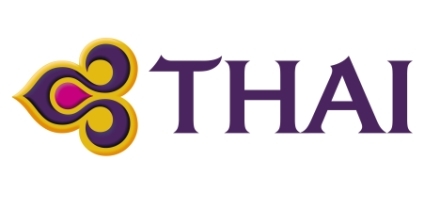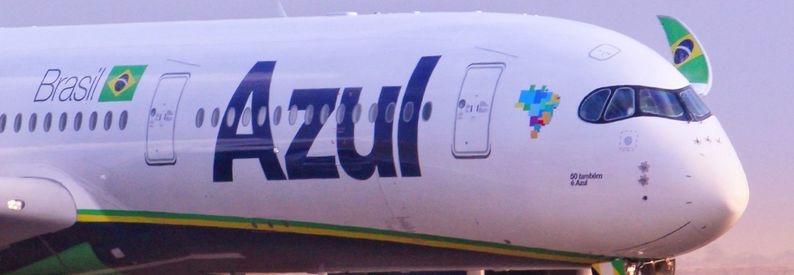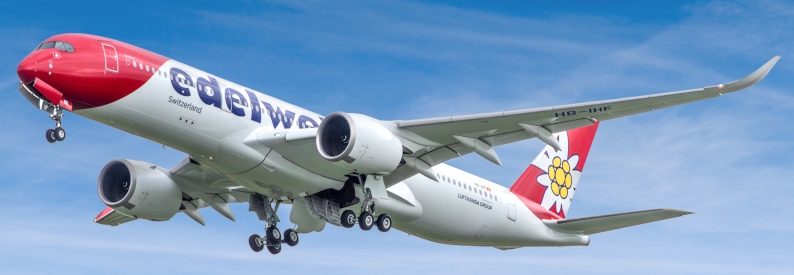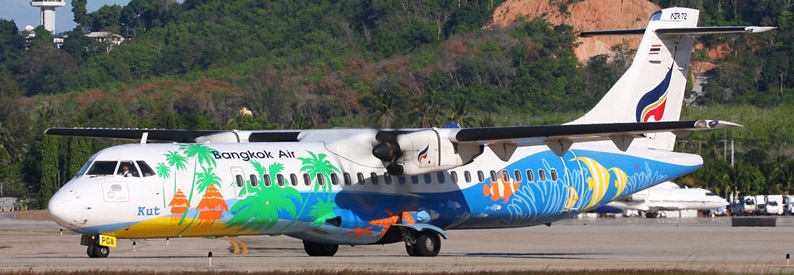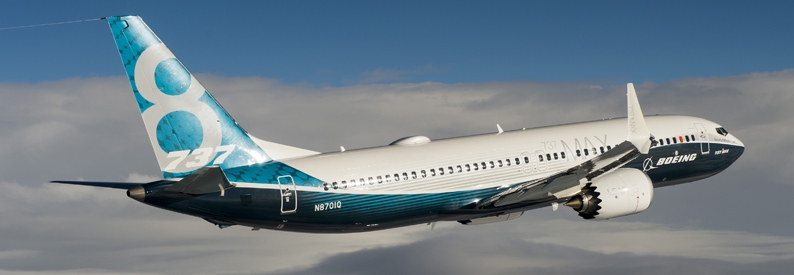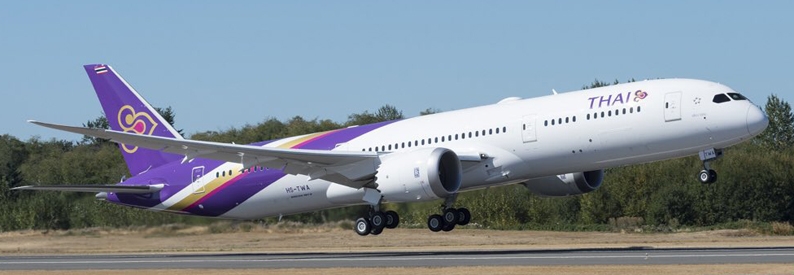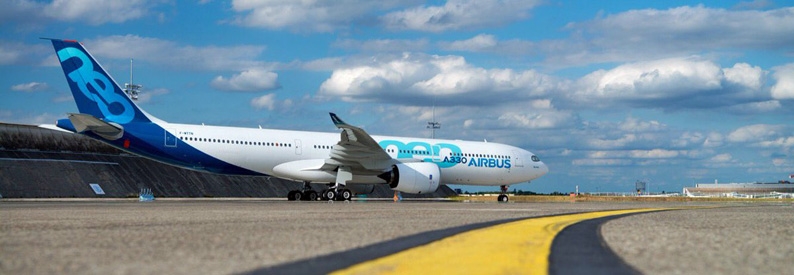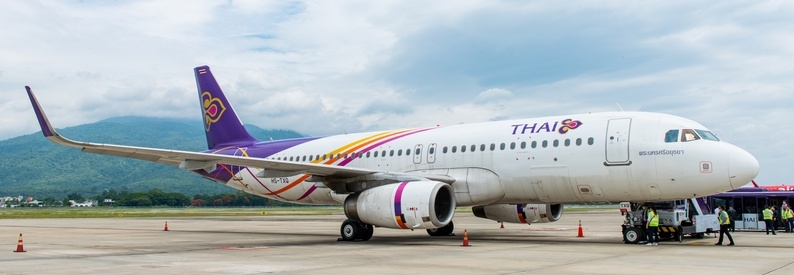Thai Airways International (TG, Bangkok Suvarnabhumi) president Charamporn Jotikasthira says strict budgetary discipline coupled with stringent cost-cutting measures could defer impending staff redundancies.
Speaking to Thailand's Nation TV last week, Jotikasthira said Thai's two-year long restructuring programme would initially focus on reducing expenditure in less sensitive areas and that if any cuts were to be made, they would be done so on a voluntary basis.
"If we have good discipline in reducing other unnecessary expenditure, then reducing staff overhead will be one of the last factors as a cost-cutting measure. They have worked with us for a long time and if we need to lay off people in our organisation, appropriate packages will be offered to them and it will be voluntary," he said.
On the plan's announcement in July last year, management stated it would cut over one-quarter of Thai's 25'000-strong workforce by 2018, starting with 1,500 jobs by the end of 2014. However, given government's role as the carrier's primary backer, it is believed that any forced redundancies could have severe political ramifications for the country's military junta.
The Thai Government Super Board last week approved the airline's restructuring programme in wake of a THB9.21 billion (USD280.98 million) loss for the first nine months of 2014 ending September 2014.
Dubbed the 'Thai Transformation Roadmap, the plan features 3 stages. The first stage is designed to mitigate losses through the termination of loss-making routes while enhancing revenue on profitable routes or destinations that have strong growth potential.
Charamporn said that 10% of Thai's existing network would be curtailed starting with a 3x weekly service to Johannesburg O.R. Tambo that was discontinued on January 15. Other routes that will likely be axed during the second quarter of this year include Bangkok Suvarnabhumi to Madrid Barajas, Moscow Domodedovo, and Los Angeles International. Phuket to Seoul Incheon may also be dropped while Bangkok-Macau International is facing a reduction in frequency.
Decisions on routes that do not make a profit but are considered to have potential will be made in the fourth quarter. They include the following flights from Bangkok: Rome Fiumicino, Milan Malpensa, Brussels National, Brisbane International, Sapporo Chitose, Colombo International, Denpasar, and Hyderabad International.
On the domestic front, 'some' routes to more remote destinations may be transferred to subsidiary Thai Smile (Bangkok Suvarnabhumi).
In terms of its fleet restructuring plans, Thai will maintain the delivery of brand new A330-300s, A350-900s and B787-8s while phasing out its older A330-300s, A340-600s, B777-200(ER)s and B737-400s. It is also looking to sell off 22 retired aircraft by July, including its parked fleet of A300-600s and A340-500s. Thereafter, depending on the status of the carrier's books, a second round of sell-offs involving another 20 or so aircraft would be considered Charamporn said.
The second stage aims to boost Thai's competitiveness in the areas of product, service, and human resources while enhancing its ability to both control costs while boosting revenue inflows.
The final stage of Thai's restructuring plan will be to grow its business on the back of new organizational strengths thereby ensuring long-term sustainable profitability. The carrier reiterates that in spite of stiff competition from budget carrier such as Thai AirAsia (FD, Bangkok Don Mueang) and Thai Lion Air (SL, Bangkok Don Mueang), it will remain a full service airline.
